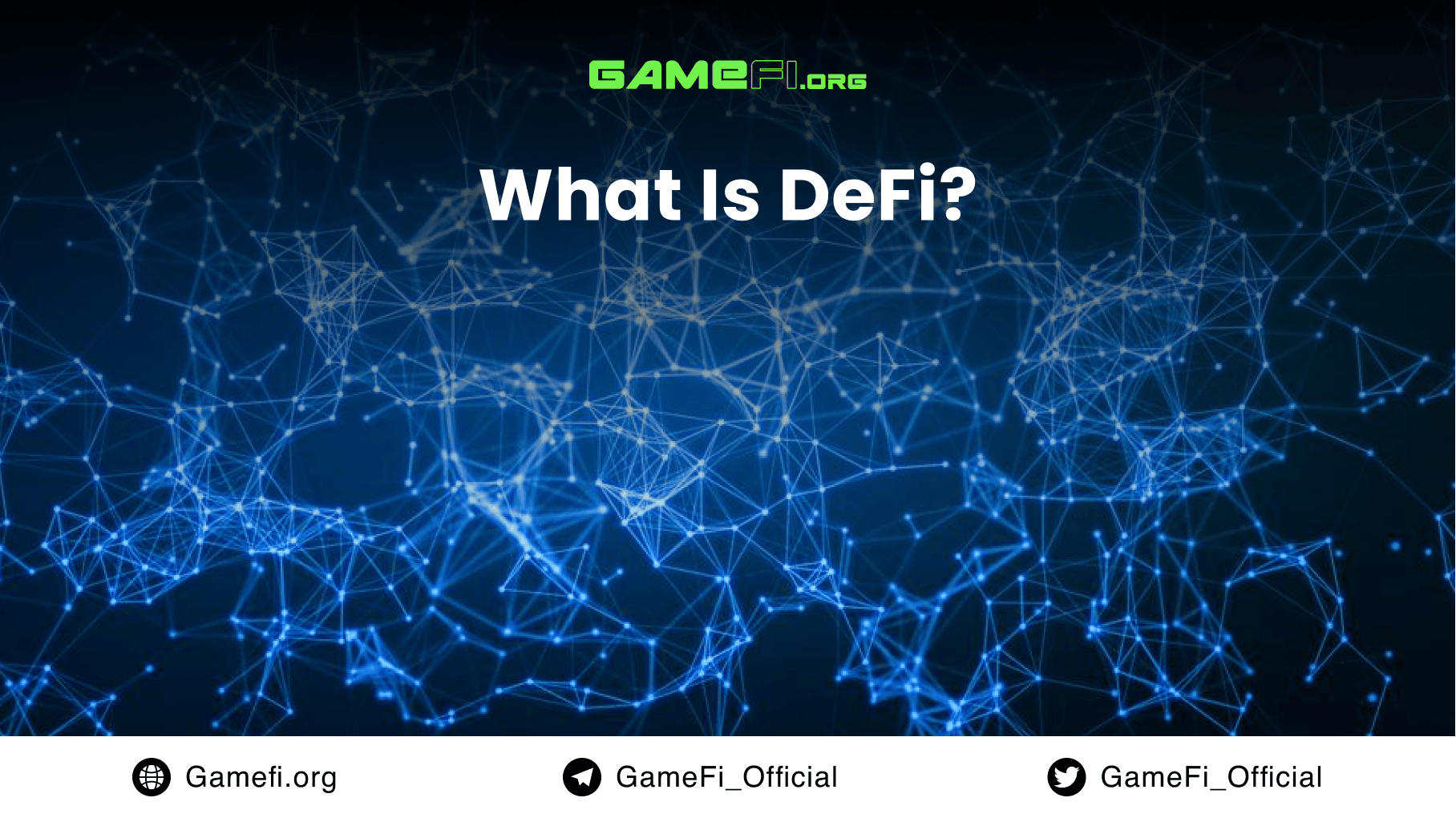What Is DeFi?
Snorlax
Oct 31, 2022•2 min read

DeFi, which stands for "decentralized finance," is an acronym for public blockchain-based peer-to-peer financial services.
Earning interest, borrowing money, lending money, purchasing insurance, trading derivatives, trading assets, and other activities are all possible with DeFi, but the process is quicker and doesn't need any formalities or a third party. DeFi is worldwide, peer-to-peer (meaning directly between two people, not routed through a centralized system), pseudonymous, and available to everyone, much like cryptography in general.
Why is DeFi important?
DeFi builds on the fundamental idea of Bitcoin, which is digital money, to create a full-fledged digital alternative to Wall Street without any of the accompanying fees (think office towers, trading floors, banker salaries). This might lead to more accessible financial markets that are open, free, and fair to everyone with an internet connection.
What are the benefits of DeFi?
- Open: No need to “open” an account. Just get access by creating a wallet.
- Pseudonymous: You don't have to provide your name, email address, or any personal information.
- Flexible: You are free to transfer your assets at any time and anyplace without needing authorization, waiting for lengthy transfers to complete, or paying exorbitant costs.
- Fast: Interest rates and benefits can be much greater than on traditional Wall Street and frequently change quickly (as frequently as every 15 seconds).
- Transparent: Everyone involved can see every transaction.
How does it work?
Dapps, or "decentralized apps," are primarily how users interact with DeFi, and the majority of them are now based on the Ethereum blockchain. There is no application to fill out or account to open, unlike a traditional bank.
Here are a few of the ways people are now interacting with DeFi:
- Lending: Earn income and benefits for lending out your cryptocurrency every minute, rather than just once a month.
- Getting a loan: Instantly apply for a loan without having to fill out any paperwork, even the incredibly brief "flash loans" that conventional financial institutions can not provide.
- Trading: Make peer-to-peer cryptocurrency trades, just like you would if you were buying and selling securities without using a broker.
- Saving for the future: Trade specific cryptocurrencies peer-to-peer, much like you would if you were buying and selling securities without using a broker.
- Buying derivatives: Invest in specific assets long or short. Consider them the cryptocurrency equivalent of stock options or futures contracts.
What are the drawbacks?
- Active trading might become pricey due to the Ethereum blockchain's fluctuating transaction rates.
- Given that this is a new technology, your investment may suffer considerable volatility depending on the dapps you use and how you utilize them.
- For tax purposes, you must keep your own records. Regional differences in regulations are possible.
Tags
Author
Snorlax